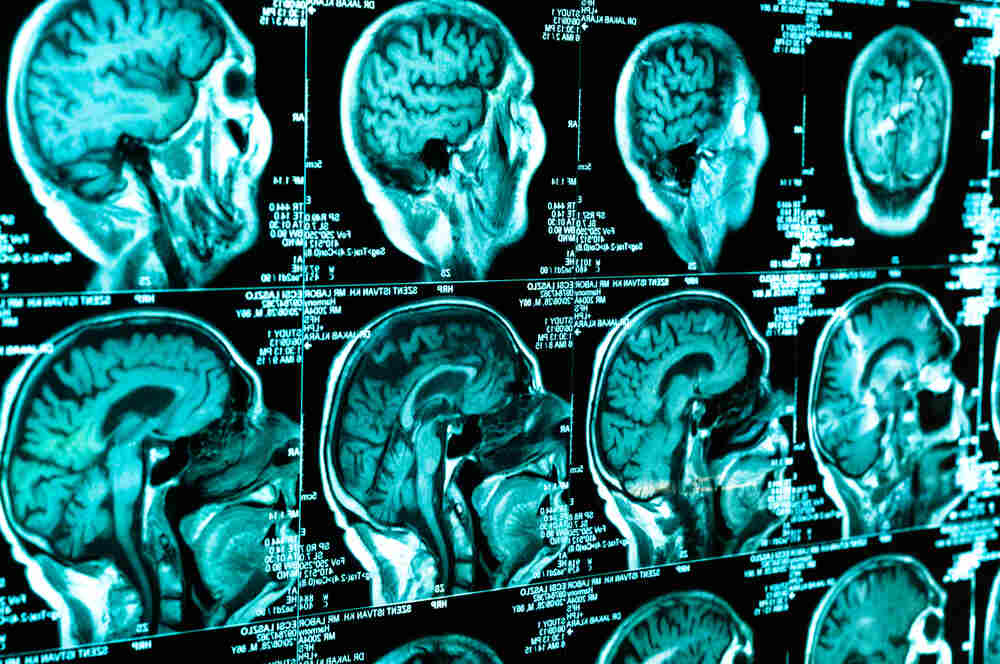Traumatic Brain Injuries
 There are many terms commonly used to describe brain injuries. Some of this common terminology includes “head injury,” “post-concussive syndrome,” “closed head injury,” and “brain injury.” If you have suffered a severe brain injury as a result of a motor vehicle accident, you may be wondering if you are entitled to compensation for this injury.
There are many terms commonly used to describe brain injuries. Some of this common terminology includes “head injury,” “post-concussive syndrome,” “closed head injury,” and “brain injury.” If you have suffered a severe brain injury as a result of a motor vehicle accident, you may be wondering if you are entitled to compensation for this injury.
Contacting an attorney is always advisable if you have questions concerning an automobile accident you were involved in. California personal injury attorney Johann Hall has successfully handled many cases involving traumatic brain injuries. Contact California attorney Johann Hall today for a consultation regarding your potential case.
Definition of Traumatic Brain Injury
One definition of a traumatic brain injury is any impact to the head that results in any or all of the following symptoms:
- Memory loss regarding events surrounding the accident
- A loss of consciousness
- Neurological deficits
Many doctors in recent years have pushed for the use of the term “traumatic brain injury” to be used to describe the symptoms that are present resulting from a concussion. This term would then apply to injuries that involve actual damage to brain tissue.
Diagnosing a Brain or Head Injury
Due to differing terminology used when describing various brain or head injuries, exact diagnosis of this type of injury may differ from expert to expert. For example, one expert may describe someone’s injury as just a “head injury,” after having determined that there was no injury to the brain itself. Another expert may diagnose an injury as a head injury, even where the injury includes the brain, because the doctor uses these terms interchangeably. Additionally, a medical diagnosis of “concussion” or “post-concussive syndrome” does not make it very clear regarding whether there is an injury to the brain (and therefore, head) or just a head injury.
The Distinction Between Head Injuries and Brain Injuries for Litigation Purposes
For a personal injury case involving head and brain injuries, it is important that the medical records specify the exact type of injury that occurred. This is because whether or not the injury actually impacted the brain can have a huge effect on the medical treatment required and also the outcome of the case, regarding causation of the injury and the pain and suffering associated with that specific type of injury.
Types of Traumatic Brain Injuries
There are several different types of traumatic brain injuries. The most commonly occurring brain injury is a concussion. Concussions can be caused by a physical impact to the head, or they may also be caused by a fast movement of the brain within the skull. These are two ways that a motor vehicle accident can result in a concussion injury. Some symptoms of a concussion injury include confusion, feeling dazed, disorientation, and sensitivity to bright lights and loud noises.
Contusions are another common brain injury, which involves a bruise on the surface of the brain. People who have sustained brain contusions experience symptoms similar to individuals who have sustained concussions. One difference that can be helpful when proving a personal injury case is that contusions typically show up on CT scans, MRI films, and x-rays.
Another brain injury that may occur in motor vehicle accidents, though less commonly occurring than contusions and concussions is severe brain damage. Medical experts have determined that severe brain damage can be caused by certain movements of the brain that then shear and rotate the brain’s inner white matter and spread out to cause large areas of dysfunction within the brainstem, midbrain, and subcortical areas of the brain. This form of brain damage is occasionally referred to as inner cerebral trauma. This type of injury is very severe, and people who suffer from it often fall into comas and tend to have permanent and severe brain damage.
Compensation for Traumatic Brain Injuries
If you or a loved one suffered a traumatic brain injury due to the negligence of someone else, you may be entitled to compensation for these injuries. You may be able to collect damages which would include payment of medical bills for treatment you needed due to your traumatic brain injury, payment of lost wages for the time you were taken off work by your doctor in order to recover from your injury, and you may also be entitled to money for the pain and suffering you experienced as a result of your injuries. Depending on the severity of your traumatic brain injury, if you are married, your spouse may also have a claim for loss of consortium (loss of companionship) due to your injuries. Call attorney Johann Hall today to begin pursuing compensation for your personal injury case.

